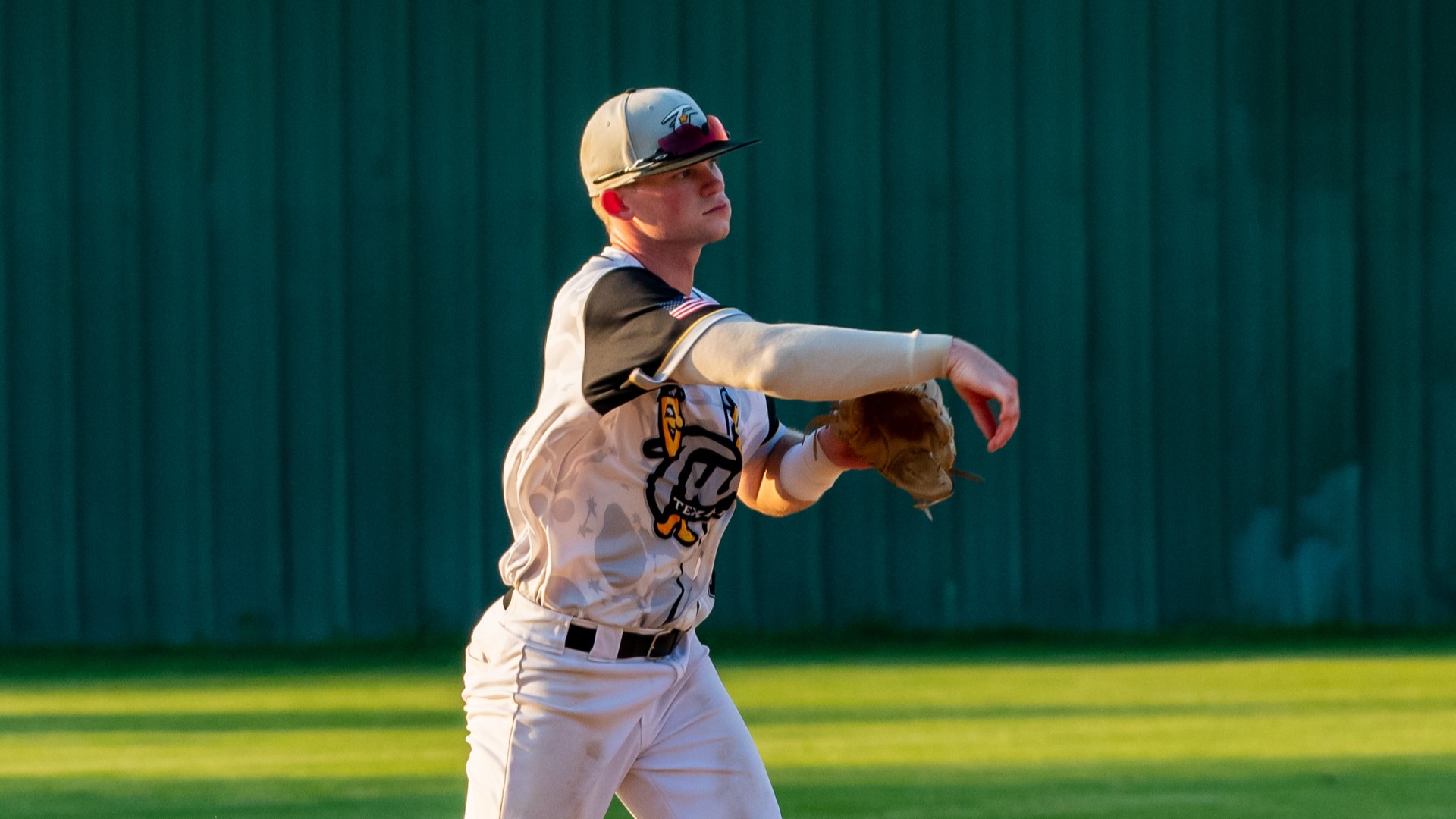FORT WORTH, Texas — 24-year-old Ryne Randle has never really known a life without baseball.
“Baseball has always been the thing for me,” Randle said.
But the outfielder for Texas Wesleyan University had never considered his college baseball career possibly coming to an end because of COVID-19.
“I had been feeling a little sick,” he recalled. “It started out with a fever and some chills.”
Dozens of Texas Wesleyan’s student-athletes have contracted COVID-19 over the past year, including Randle. And while he, and likely other student-athletes, are eager to return to sports after recovering, recovering alone isn’t enough.
Texas Wesleyan University is requiring all of their student-athletes to first be tested for post-COVID-19 myocarditis.
“Myocarditis is inflammation of the heart, which may be due to different things, but most commonly due to viruses,” explained Laine Markham, a cardiology physician assistant at UNT Health Science Center (UNTHSC).
And sometimes, explained Markham, myocarditis is occurring after COVID-19 infections.
“Whenever patients who've recovered from COVID exercise during the acute phase of myocarditis, that can lead to dangerous and lethal rhythms of the heart,” she said.
Meaning: exercise could kill them.
That’s why Texas Wesleyan and UNTHSC have teamed up to screen every single one of the university’s student-athletes who’ve contracted COVID-19 for this troubling side effect. That means an EKG, an echocardiogram and blood tests. And if they come back normal, it’s onto an MRI.
“We've had two out of the 63 so far that had the MRI, and in both cases, thankfully, the MRI was normal,” Markham said.
“Every student-athlete who’s tested positive has to go through this process,” reiterated Peter Brock, Texas Wesleyan’s head athletic trainer. “Definitely gives me peace of mind, gives the athletes some peace of mind.”
If an athlete were to be diagnosed with myocarditis, the recommendation is no training or competition for three to six months.
Randle’s tests came back normal. He said it was a huge relief, considering his family’s history of heart problems.
“I'm not glad I had COVID, but I’m glad they made us go through all those tests,” he said, so he can continue playing the game he loves safely.

